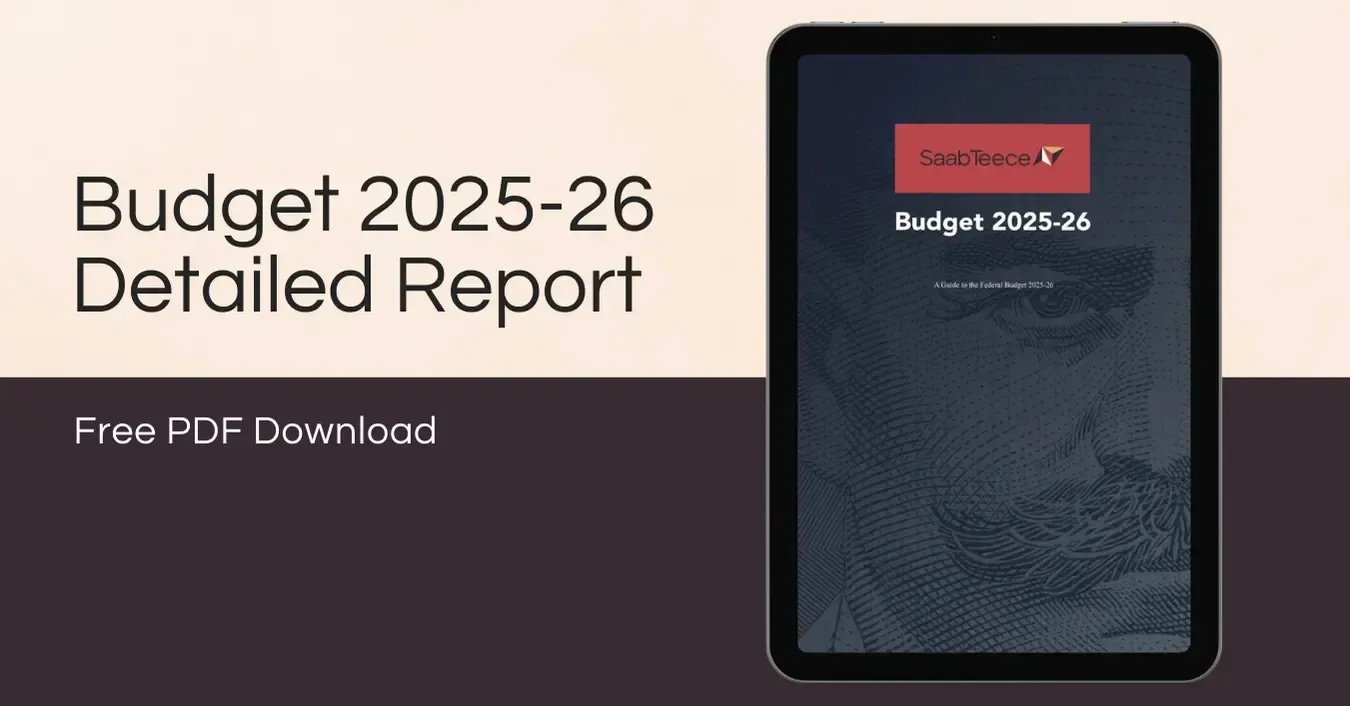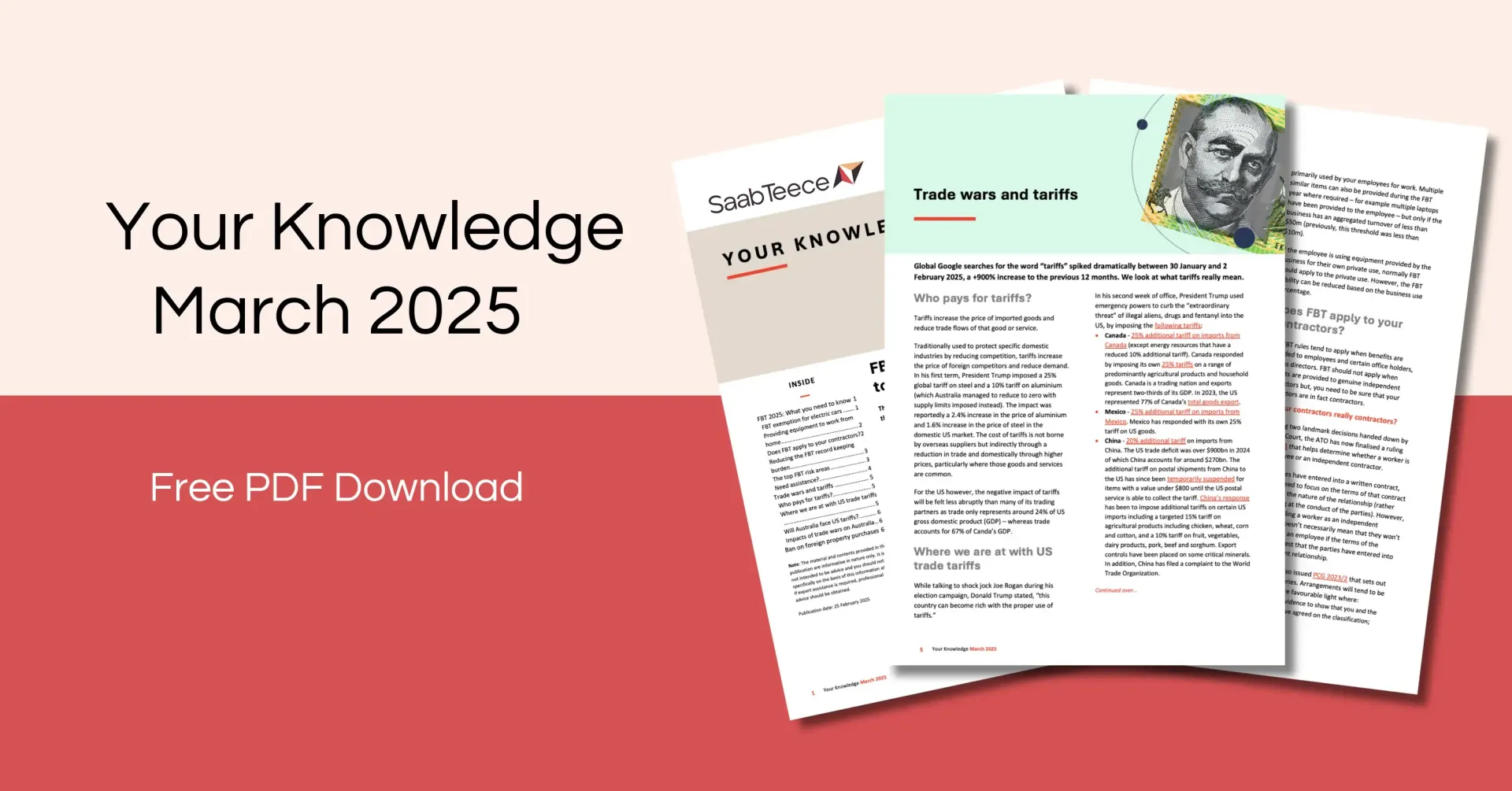EOFY 30 June is almost here!
It’s hard to believe we’re in June and about to see out another financial year.
Here’s a few things you need to be aware of before the 2023 financial year comes to a close:
If your business operates on a cash basis, make sure you pay any expenses before 30 June to ensure you can claim the tax deduction in the 2023 Financial Year.
Make sure you review your debtors (receivables) and write off any unrecoverable bad debts before 30 June.
30 June will see the end of Temporary Full Expensing – to utilise this measure, assets must be installed and ready for use before 30 June 2023. Please note that the Government did announce a Small Business $20,000 instant asset write off (for purchases from 1 July 23 to 30 June 24) in the May Budget, however, this is yet to be legislated.
For Employers – Before 30 June 2023
Remember to process superannuation payments early if you would like to claim a tax deduction this financial year. Xero has advised that auto super payments should be processed before 2pm (AEST) Wednesday 14th June 2023. MYOB recommends allowing 10 business days, so please process MYOB super payments by close of business Friday 16th June 2023.
For Employers - From 1 July 2023
Changes to Superannuation
Super guarantee will increase from 10.5% to 11% on 1 July 2023. You'll need to use the new rate to calculate super on payments you make to employees on or after 1 July, even if some or all of the pay period is for work done before 1 July.
Depending on your payroll software, you may be required to change the superannuation settings. Regardless of what payroll software you use, please ensure you review the superannuation calculation in the first few pay runs to ensure superannuation is being calculated correctly.
Changes to Award Pay Rates
The Fair Work Commission has increased the minimum wages in all modern awards by 5.75%.
The National Minimum Wage has also been increased from $21.38 per hour to $23.23 ($882.80 per week), an increase of 8.65%. These increases will take effect from the first full pay period commencing on or after 1 July 2023.
Employers must ensure that employees who are paid in accordance with a modern award or National Minimum Wage receive the appropriate pay increase by the relevant effective date. Even if you currently pay above the award rate, an annualised salary or flat rate, employers must ensure that payments to employees still satisfy all their obligations under the relevant award/minimum wage once the increases apply.
Employers who pay in accordance with an enterprise agreement should ensure that the base rates of pay under the agreement are no lower than the increased relevant modern award rates of pay, particularly if the agreement was made several years ago.
As always, do not hesitate to contact us.
Kind regards,
SaabTeece
Recent Posts

SaabTeece
Liability limited by a scheme approved under Professional Standards Legislation.
Shop 2, 17-25 William St, Earlwood, NSW 2206 Australia








